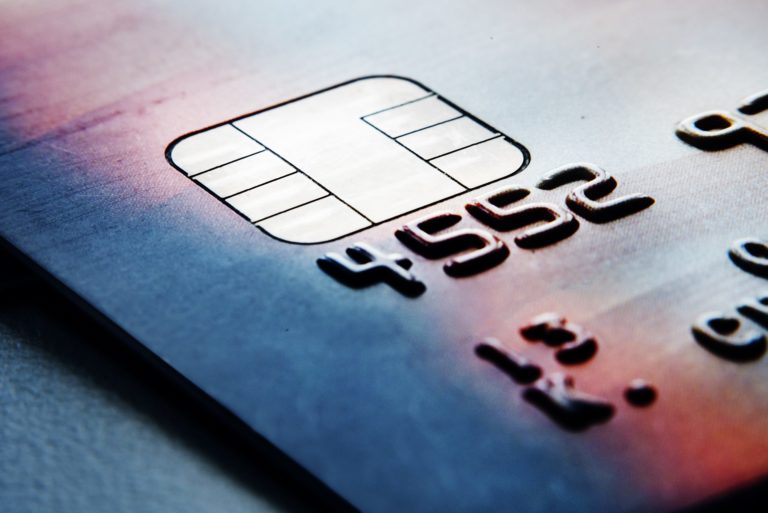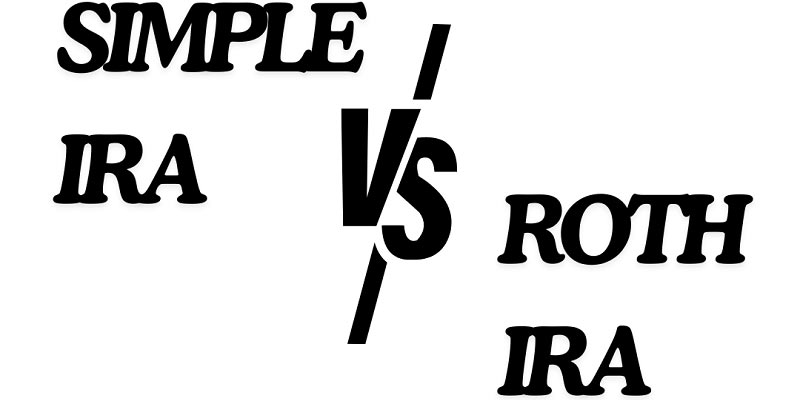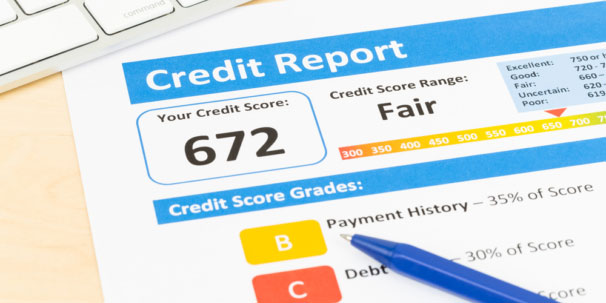Credit cards may be quite useful financial instruments if you know how to use them properly. When you find yourself in a difficult financial situation, such as when your vehicle breaks down on the way to work, and you need to get there, you may use a credit card as an alternative to an emergency loan. Credit cards have the potential to lower travel costs and increase travel convenience. Many of them come with advantageous consumer safeguards and bonuses that make our financial dealings easier to carry out while enhancing their security level.
Credit cards, however, don't always come without a cost. Cardholders who carry balances from month to month are subject to interest fees since they use their cards for short-term borrowing. The way that you handle and make use of your card will also determine the kinds of fees that you will be subject to pay, which may be quite a significant amount.
Finance Charges
The amount that will be added to your account for finance costs, also known as interest charges, is not predetermined like the amount that will be added for other fees. On the other hand, these fees change depending on your credit card's annual percentage rate (APR) and the amount of debt you maintain on your card after the grace period has expired.
The average annual percentage rate (APR) is so high right now that loan costs must be treated carefully. They might quickly become prohibitively expensive when you have a lot of debt. The good news is that one definite method to steer clear of them entirely is by paying off your debt in full each and every month.
Annual Fees
An annual fee is a price certain card issuers impose solely for carrying a credit card. This fee is also known as a membership fee. Although several credit cards do not charge an annual fee, paying one may seem counterintuitive, given that many charges such a fee. However, credit cards that charge annual fees often come with more features and perks.
For instance, the annual fee for one of the best travel credit cards can range anywhere from $95 to $550. Still, in exchange, you may receive benefits such as free checked bags, priority boarding, access to airport lounges, or credits toward incidental airline fees. These are just some of the available perks. A large number of credit cards, including rewards credit cards, do not impose annual fees, making it simple to steer clear of having to pay them.
Fees Applicable to Foreign Transactions
When you purchase using some credit cards outside of the United States, you may be subject to "foreign transaction fees." Foreign transaction fees, normally between 2% and 3% of the purchase amount, may add up quickly if you often travel internationally, even if you never have to pay one of these fees. How can we stay clear of them? Easy. Make use of a credit card that does not impose an annual fee.

Fees for Cash Advances
Customers of some credit cards can make what is known as a "cash advance." Essentially, they are taking out a loan for a certain amount of money, which is subsequently added to the balance on their credit card. Cash advances often come with an APR different from the ordinary rate for purchases and greater than the APR for cash advances. Even worse, since cash advances often do not come with a grace period, you will be subject to interest charges beginning on the day you receive the advance.
There is often an additional cost for cash advances as well. These fees may range anywhere from three percent to five percent of the cash advance amount, with a minimum of five to ten dollars in most cases. How are you going to get around paying this fee? Maintain a savings account with money that is easily accessible in the event of an unexpected need. Under no circumstances should you utilize your credit card to get a cash advance.

Late Payment Fees
If you make a payment for your credit card after the due date, you will likely be subject to a late payment fee. This is the case in most situations. Although maximums are mandated by law, the fees associated with credit cards may vary widely. Most issuers calculate the amount of the charge on the number of times you have allowed your account to become delinquent. But there are also credit cards with different late payment fees for different balance amounts.




